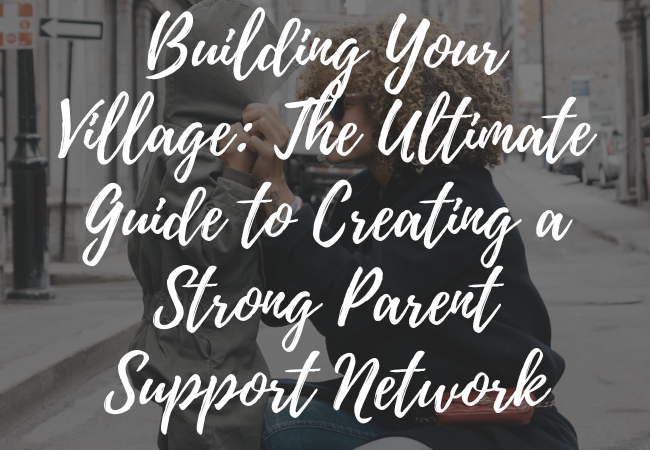Balancing Family and Career: Strategies for a Harmonious Life
Discover practical strategies for balancing family and career responsibilities. Learn how to manage time effectively, set priorities, and create a fulfilling life that integrates both professional and personal success.
In today’s fast-paced world, balancing family and career has become an increasingly challenging juggling act. The constant tug-of-war between professional ambitions and family commitments can leave many feeling overwhelmed and stressed. Time management, prioritization, and finding a sustainable work-life balance are crucial skills in navigating this complex terrain.
The Importance of Work-Life Balance

Before diving into specific strategies, let’s consider why achieving this balance is crucial:
- Improved mental and physical health
- Enhanced job satisfaction and productivity
- Stronger family relationships
- Reduced stress and burnout
- Increased overall life satisfaction
Strategies for Balancing Family and Career
1. Prioritize and Set Clear Goals
Start by identifying what’s most important to you:
- Define your core values
- Set both short-term and long-term goals for family and career
- Regularly reassess and adjust your priorities
2. Manage Your Time Effectively
Time management is key to balancing competing demands:
- Use a calendar or planner to schedule both work and family activities
- Implement time-blocking techniques
- Learn to say no to non-essential commitments
3. Establish Boundaries
Create clear separations between work and family time:
- Set specific work hours and stick to them
- Create a dedicated workspace at home
- Avoid checking work emails during family time
4. Communicate Openly with Your Employer
Discuss your needs with your supervisor:
- Explore flexible work arrangements if possible
- Be clear about your family commitments
- Negotiate for family-friendly policies
5. Involve Your Family
Make your family part of the balancing act:
- Discuss your work commitments with your partner and children
- Involve them in planning family time
- Teach older children about responsibility and time management
6. Maximize Quality Time
Focus on making the most of the time you have with family:
- Create and maintain family rituals (e.g., weekly game nights)
- Be fully present during family time (put away devices)
- Plan regular one-on-one time with each family member
7. Leverage Technology Wisely
Use technology to your advantage:
- Utilize productivity apps for better time management
- Use video calls to connect with family when traveling for work
- Automate routine tasks to free up more time
8. Practice Self-Care
Don’t neglect your own well-being:
- Schedule time for exercise and relaxation
- Maintain a healthy diet and sleep routine
- Pursue hobbies and personal interests
Overcoming Common Challenges
1. Dealing with Guilt
It’s common to feel guilty about time spent away from family or work:
- Acknowledge your feelings without judgment
- Focus on the quality of time, not just quantity
- Remember that working also benefits your family
2. Managing Unexpected Situations
Life doesn’t always go as planned:
- Build flexibility into your schedule
- Develop a support network for emergencies
- Have backup plans for childcare or work coverage
3. Handling Work Stress at Home
Avoid letting work stress impact family time:
- Create a “decompression” ritual when transitioning from work to home
- Practice stress-management techniques like meditation or deep breathing
- Seek support from your partner or a professional if needed
4. Maintaining Relationships
Don’t let your relationships suffer:
- Schedule regular date nights with your partner
- Make time for friends and extended family
- Nurture your professional network without sacrificing personal time
The Role of Employers in Work-Life Balance
Progressive employers recognize the importance of work-life balance:
- Flexible working hours
- Remote work options
- Parental leave policies
- Employee assistance programs
If your employer doesn’t offer these benefits, consider advocating for them or exploring companies that prioritize work-life balance.
When to Reassess Your Situation
Periodically evaluate your work-life balance:
- Are you consistently feeling overwhelmed or stressed?
- Is your health or family life suffering?
- Are you still finding fulfillment in your career?
If you’re consistently struggling, it may be time to consider more significant changes, such as a career shift or relocation.
Conclusion
Balancing family and career is an ongoing process that requires constant attention and adjustment. By implementing these strategies and remaining flexible, you can create a life that honors both your professional ambitions and your family commitments. Remember, there’s no one-size-fits-all solution – what works best will depend on your unique situation, values, and goals.
The key is to be intentional about how you spend your time and energy. Regularly check in with yourself and your family to ensure that your choices align with your priorities. With patience, creativity, and commitment, you can achieve a fulfilling balance that allows you to thrive both at home and in your career.
For more resources on work-life balance, check out these helpful links:
- Work-Life Balance Tips from the Mayo Clinic
- Harvard Business Review: Work-Life Balance
- Strategies for Better Work-Life Balance
Remember, achieving balance is a journey, not a destination. Be kind to yourself, celebrate small victories, and keep striving for a life that reflects your values and brings you joy both personally and professionally.
For more information and guide, visit usaparentingtips.com






